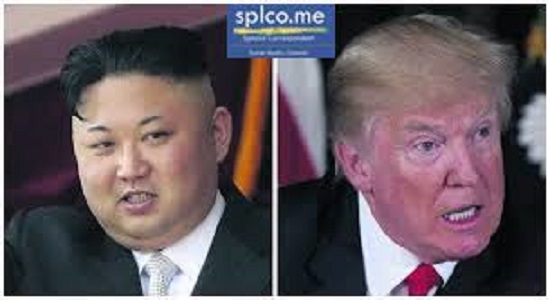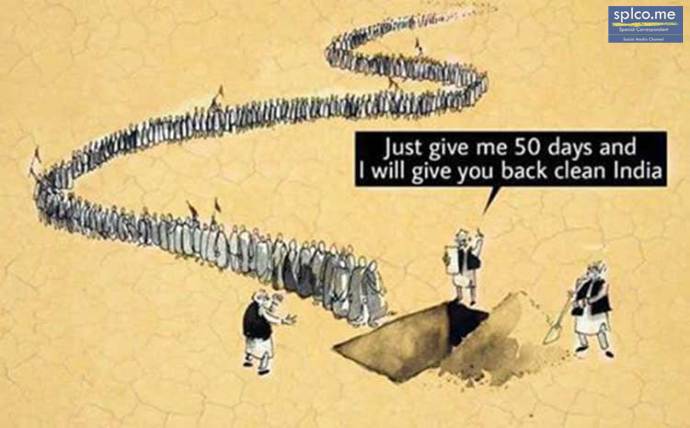North Korea's decision to meet US President Donald Trump proves the US strategy of isolating North Korea is working, US Vice-President Mike Pence says.

The US has made "zero concessions", he said, and would maintain pressure until denuclearisation was achieved.
The agreement to hold an unprecedented summit stunned observers.
But the White House later said North Korea would have to take "concrete steps" before any meeting.
Only months ago, Mr Trump and North Korean leader Kim Jong-un were hurling insults at each other.
But now Mr Trump has agreed to the summit following an invitation delivered by South Korea. No sitting US president has ever met a North Korean leader.
President Trump tweeted that a "deal with North Korea is very much in the making". Earlier he has hailed the move as "great progress", but he said sanctions would remain in place until a denuclearisation deal was reached.
The North has halted missile and nuclear tests during previous talks, only to resume them when it lost patience or felt it was not getting what it demanded, analysts say.
However International study experts expressed concern the Trump regime could "fall into the North Korean trap" of granting concessions with nothing tangible in return.
There has been no mention of the developments as yet on North Korean state media.
In Sweden, meanwhile, local diplomatic sources were quoted as saying the North's Foreign Minister Ri Yong-ho would be visiting his Swedish counterpart soon. The Swedish embassy in Pyongyang represents US, Canadian and Australian diplomatic interests there.
South Korean President Moon Jae-in has acknowledged there are obstacles ahead. He is managing expectations and so much can go wrong.
His approval ratings took a hit during the Winter Olympics after he integrated the women's hockey team with players from the North and met a general from Pyongyang who had been accused of masterminding deadly attacks on South Koreans, though they have since rebounded.These talks are a huge gamble with a communist state which is hard to read. But if, just if, he helps pull it off, it may reduce the threat of nuclear war and he could win himself a Nobel Peace Prize.
If all fails, it is back to brinkmanship. The South Korean envoys met Mr Kim in Pyongyang this week. It was the culmination of a rapprochement that began at the New Year and saw the Koreas marching together at the Winter Olympics.The envoys then travelled to Washington to brief Mr Trump.
Speaking outside the White House after the meeting, South Korean National Security Adviser Chung Eui-yong said Mr Kim was prepared to sit down with the US president and was now "committed to denuclearisation".
In a statement sent to the Washington Post, North Korea's UN ambassador said, "the courageous decision" of Mr Kim would help secure "peace and stability in the Korean peninsula and the East Asia region".
There is no indication yet of where the Trump-Kim talks might take place, but the Korean border's demilitarised zone (DMZ) and Beijing are seen as likely options.
North Korea has been isolated for decades because of its pursuit of nuclear weapons, in defiance of international laws.
During this period North korea has carried out six nuclear tests and has missiles that could reach the US.
However, the BBC's Laura Bicker in Seoul says it is important to note that North Korea has not yet promised to abandon its nuclear weapons completely.
So what does the North want? An easing, if not removal, of sanctions certainly.
Perhaps a peace treaty to finally end the Korean War and a promise that if North Korea denuclearised then the US would finally withdraw its troops from South Korea.
Chinese President Xi Jinping telephoned Donald Trump on Friday to welcome the development and urge all sides to avoid doing anything that could impede the improving situation.
Russia, Germany, the EU and the IAEA all voiced hope that talks would reduce the risk of conflict erupting.Other countries, such as Japan and the UK, vowed to keep up the pressure on the North to give up its nuclear ambitions.
However Former British ambassador to N Korea warns of dangers of Trump_ Kim meeting.
In the US, reaction was divided - not least in Mr Trump's own party. "The North Korean racket for decades now has been to offer talks in exchange for bribes or other advantages. Then we pay them, and make an agreement, and when they cheat it all breaks down - until the next time," Elliott Abrams, foreign policy adviser to Ronald Reagan and George W Bush, told CBS News.
"I hope we are not about to fall into their trap yet again." he warned.














